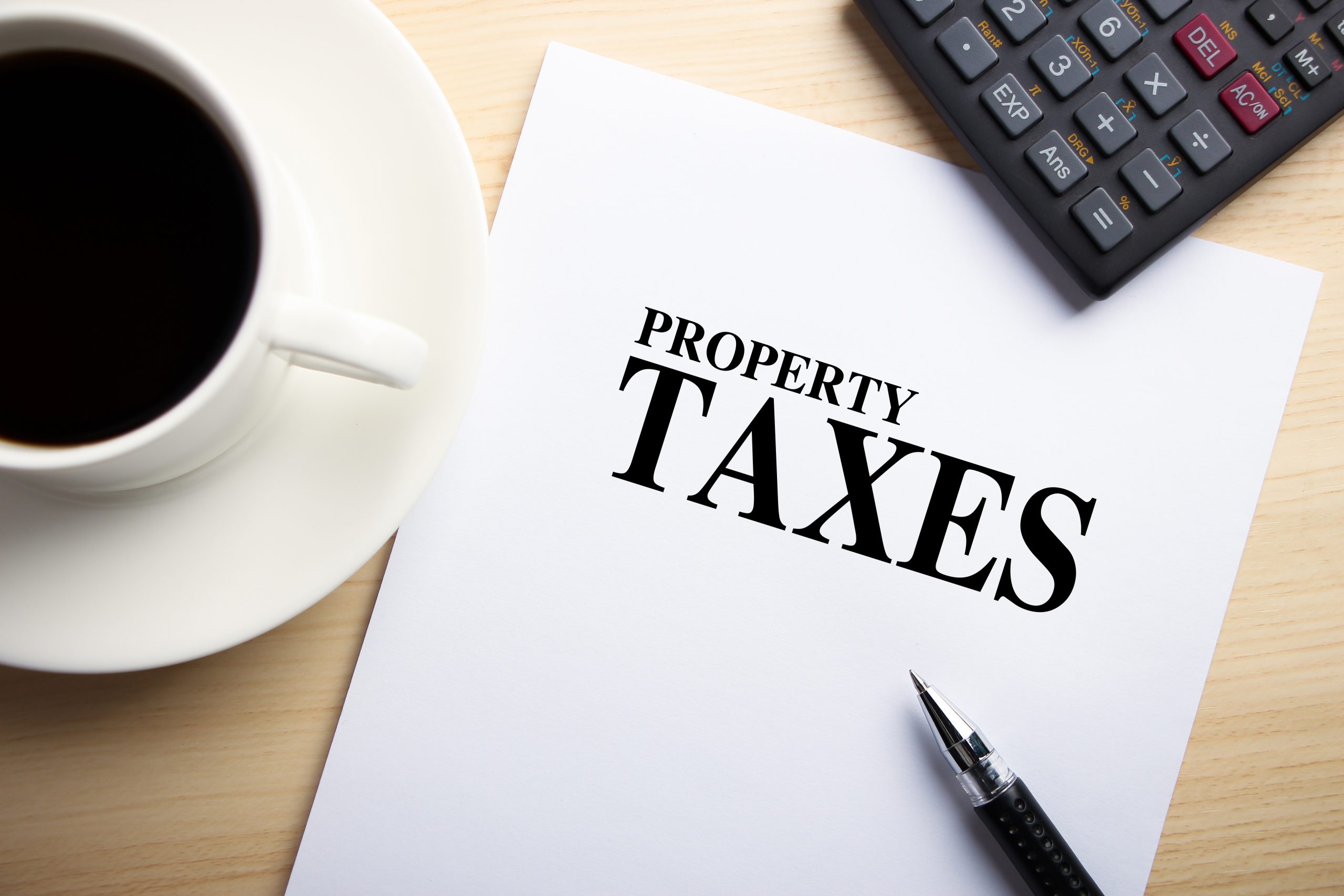Despite San Francisco’s reputation as a high-rent city, it maintains a substantial inventory of older, lower-rent units that primarily cater to working- and middle-class renters. The prevalence of these units arises from a combination of factors: strong rent-control laws and eviction protections, combined with favorable tax treatment under Proposition 13 and subsequent parent-child transfer exemptions passed in the 1980s. These transfer exemptions guaranteed Proposition 13’s low property taxes over multiple generations, creating an incentive to preserve rather than sell, upgrade, or redevelop low-cost rental inventory.
On November 3, 2020, California voters narrowly approved Proposition 19, or The Home Protection for Seniors, Severely Disabled, Families, and Victims of Wildfire or Natural Disasters Act, which amends Article XIIIA of the California Constitution and will remove all transfer exemptions for rental properties. Without these exemptions, the coming decades will see increased taxes on inherited rental properties which will likely force many small property owners out of this lower-cost niche and lead to the gradual erosion of this segment of the rental market.
History of Property Tax and Transfer Exemptions (Propositions 13 and 58)
In 1978, Proposition 13 set a uniform property tax in California at a rate of 1% on a property’s assessed value. The value of a property is assessed on the date of transfer and is limited to a 2% yearly increase unless there is another transfer (or substantial rehabilitation). No matter how high a property’s value climbs, the tax rate will grow at a slow, predictable pace. In 1986, Proposition 58 added transfer exemptions, which created an exemption for parent-child transfers and allowed parents to transfer rental properties to their children up to $1,000,000 in assessed value (or $2,000,000 for married couples) before a reassessment was triggered on the overage. This gave families the ability to sustain the advantages of tax rates secured by decades-old purchases.
Effects of Proposition 13 on the Rental Market
In high demand rental markets, lost profit opportunities on older or rent-controlled units generally drive owners to redevelop or sell their properties in order to take advantage of rising demand and rental rates. Proposition 13, however, offers a counterbalance for longstanding owners by assuring a steady tax bill and predictable operating costs which guarantees ongoing stability for these owners.
Even in a market like San Francisco’s, the effects of Proposition 13 can be seen in the durable collection of older and rent-controlled buildings that make up large swaths of the city’s rental offerings. Incremental tax increases and predictable operating costs allow these buildings to generate a consistent level of profit, even when rents are low due to rent control or aged facilities. This consistent income with minimal intervention persuades many owners to forgo chasing the market and risk endangering their investment.
The long-term preservation of these buildings at low rates results in a consistent stock of housing for lower-income renters. Under the parent-child transfer exemption, families could pass down their rental properties without impacting their consistent investment income. This security protects both the owner and the continued availability of these units by disincentivizing drastic changes to these family investments.
Proposition 19 and the Erosion of Affordable Rentals
With Proposition 19 slated to remove transfer exemptions for rental properties, the taxes on inherited rental properties will see an immediate surge as assessments rise to meet market value. In a real estate market that has seen forty years of unprecedented growth, these increases could easily be tenfold or more.
With tax increases cutting deeply into the already below-market profits of these buildings, inheriting owners will see little of the stability that convinced their parents to maintain these properties. Proposition 19’s effects will reveal numerous issues as the situation develops over the coming years. For instance, an inherited older building may be unable to sustain a profit at the market rate for comparable buildings which still retain a low tax basis. These owners would be unable to compete and be forced to upgrade or sell their units, speeding up the loss of vital rental inventory.
Other issues that could arise could be disparate taxes on comparable buildings depending on when in the boom-bust cycle they were reassessed, leading to potentially different tax bills. Further, the recent rental impacts of Covid-19, with high vacancies, rent reductions, and non-paying tenants, alert us to numerous situations where high taxes on historically low-profit units will threaten viability and drive owners to sell or redevelop.
San Francisco has a large population dependent on older units, with more than 62% of renters living in rent-controlled buildings. Many of these buildings are only profitable because Proposition 13 has protected owners and their tenants from market forces for decades and allowed them to stay afloat. With the loss of these protections, Proposition 19 will accelerate the loss of this housing as desperate owners seek ways to maintain viability.
Authored by Reuben, Junius & Rose, LLP Attorney Daniel J. Turner.
The issues discussed in this update are not intended to be legal advice and no attorney-client relationship is established with the recipient. Readers should consult with legal counsel before relying on any of the information contained herein. Reuben, Junius & Rose, LLP is a full service real estate law firm. We specialize in land use, development and entitlement law. We also provide a wide range of transactional services, including leasing, acquisitions and sales, formation of limited liability companies and other entities, lending/workout assistance, subdivision and condominium work.


